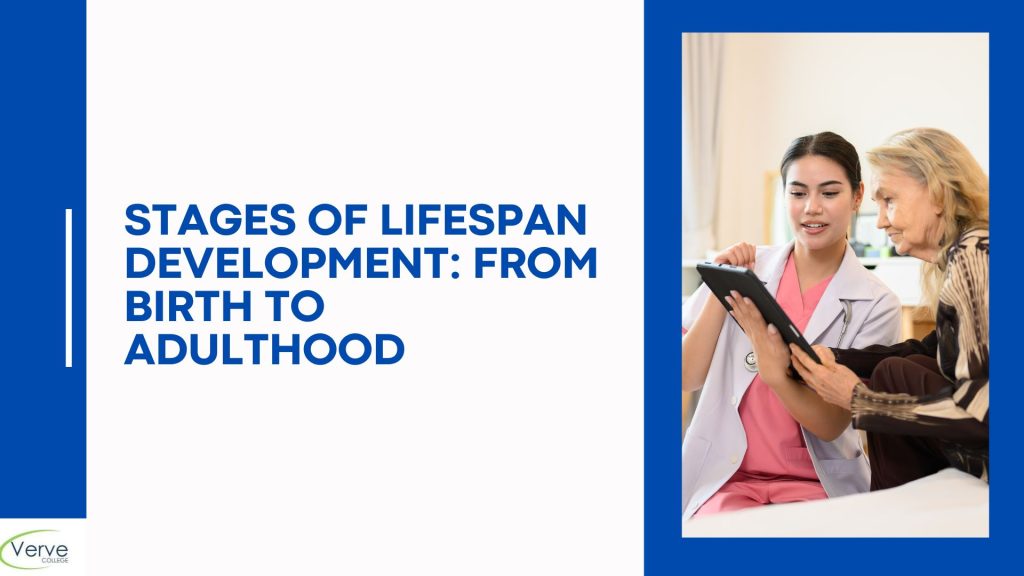- Oak Brook:(630) 705-9999
- Chicago:(312) 920-8822
- Email:inquiry@vervecollege.edu
- Make a Payment
- Home
- Programs
- Admission
- Resources
- ATI Entrance Exam Resources
- New E-Digital Library
- Refer a Friend
- School Newsletter
- Events
- Employers
- Job-Network
- Alpha Beta Kappa Candidates
- Verve College Library
- Graduation and Pinning Ceremony Photo Galleries
- Textbook Information
- Career Services
- Tutoring
- School Catalog
- FAQ
- Constitution Day Program
- Alumni
- Verve College Plans
- Financial Aid
- HEERF Reporting
- Satisfactory Academic Progress
- Apply For Financial Aid
- Net Price Calculator
- Return of Title IV Funds (R2T4)
- Financial Aid Office Code of Conduct
- Contact
- FAQs
- Verification Policy
- Vaccination Policy
- Student Right-to-Know Act
- Misrepresentation
- Information Security Program
- Academic Award Year
- Availability of Employee
- Cost of Attendance
- Health & Safety Exemption Requirement
- Students Rights and Responsibilities
- Leave of Absence
- Pell Formula
- Military Students
- Grants/ Scholarship Policy
- Contact Us
- Testimonials
- Blog
Is a Nursing Career Right For You?
Take The Free Quiz
Stages of Lifespan Development: From Birth to Adulthood
Stages of Lifespan Development: From Birth to Adulthood
Have you ever considered that around 85 percent of a person’s personality is formed by the age of five? Lifespan development examines the physical, emotional, and mental changes we experience between birth and adulthood, and how each stage shapes the person we become. Understanding these phases is crucial for guiding parenting techniques, education strategies, and building self-awareness. For individuals pursuing a career in healthcare, such as attending a practical nurse school, understanding these stages can be especially beneficial. Let’s dive deeper into the stages of lifespan development, uncovering the unique and vital characteristics of each that contribute to personal growth.
Stages of Lifespan Development
1.Prenatal Stage (Conception to birth)
The fascinating time spans from conception until birth, and is about development and normal growth. Babies begin to form their organs as well as their brains, bodies, and organs in this period. Mother’s health is a major factor in her diet and the way she feels influence everything from the baby’s temperament and physical health. This is a crucial moment when the foundation of future growth starts. It’s definitely not a waiting room for the birth!
2.Infancy (Birth until 2 Years)
In the early stages of lifespan development infants experience rapid physical growth as well as amazing milestones such as crawling and rolling. Their brains are also busy! In this sensorimotor phase when they discover the world using their senses, and learn how things function. Bonding and attachment play an important role in this stage, since caring interactions with caregivers create the security of their emotions. This is a crucial stage in laying the foundation for children’s future growth, which makes it an exciting period filled with connection and discovery!
3.Young Childhood (2 to 6 years old)
In the early years of childhood, children develop their language and social abilities, laying the groundwork for meaningful communication and friendships. Emotional regulation begins to take shape, helping children manage feelings like frustration or happiness. But the real magic happens through play! Play is far more than just fun—it stimulates creativity, learning, and problem-solving skills. Whether they’re building with blocks or pretending to be superheroes, play is an essential part of their development. For those pursuing careers in healthcare, such as through an nursing assistant programs in Illinois, understanding the importance of these developmental stages can be invaluable in supporting young children’s growth.
4.Mid Childhood (6 to 12 years old)
As they reach middle age, kids are able to take their stride! They are more analytical as well as enhance their social skills and develop close friendships. It’s the time when they begin to define their self-image and self-image. The pull and push of peer influence can have a major impact on their growth!
5.Adolescence (12 to 18 Years)
The adolescent years are a blur of changes! As teenagers enter puberty, they go through hormonal and physical changes. It’s a thrilling period to develop their brains as they become more critical in their thinking. It’s also characterized by the search for identity and the need to be independent–a difficult but exciting adventure!
6.Youthful adulthood (18 to 40 years old)
As you grow older the world gets more real! It’s all about building strong bonds, making those career decisions, and discovering what really matters. A solid social network of support is essential to help you through life’s challenges and downs. Prepare yourself to experience growth and adventure during this exciting stage!
7.Middle Adulthood (40 to 65 years old)
As you reach middle age, your life can be full of new adventures! It is possible to balance parenting and switching careers or concentrate on your health when aging takes hold. The stage of aging is also about giving back to others, mentoring them and enjoying your connections with the community. Accept the changes, they are gratifying and energizing!
8.Late-Age (65 years and beyond)
As they age, people frequently think about their lives and looking back at their accomplishments. While some people may experience cognitive decline, others are able to gain valuable wisdom. Being active in social activities and focusing on mental health can improve well-being and make this an exciting time filled with memories, knowledge and deep connections.
Want to Make a Career in Nursing? Get More Information About Our Courses!
Conclusion
Understanding the various stages of lifespan development allows us to see how we change and grow over time. It’s crucial to recognize the impact each stage has had on our lives. Reflecting on your own experiences can help you identify the moments that have shaped you into who you are today. For those exploring a career in healthcare, such as enrolling in an evening LPN program, this knowledge can also provide valuable insights into supporting individuals through different phases of life. I invite you to explore the resources available to help you and your family grow together. Let’s continue learning and supporting one another as we journey through the fascinating world of life!
 Sign up
Sign up Login
Login




